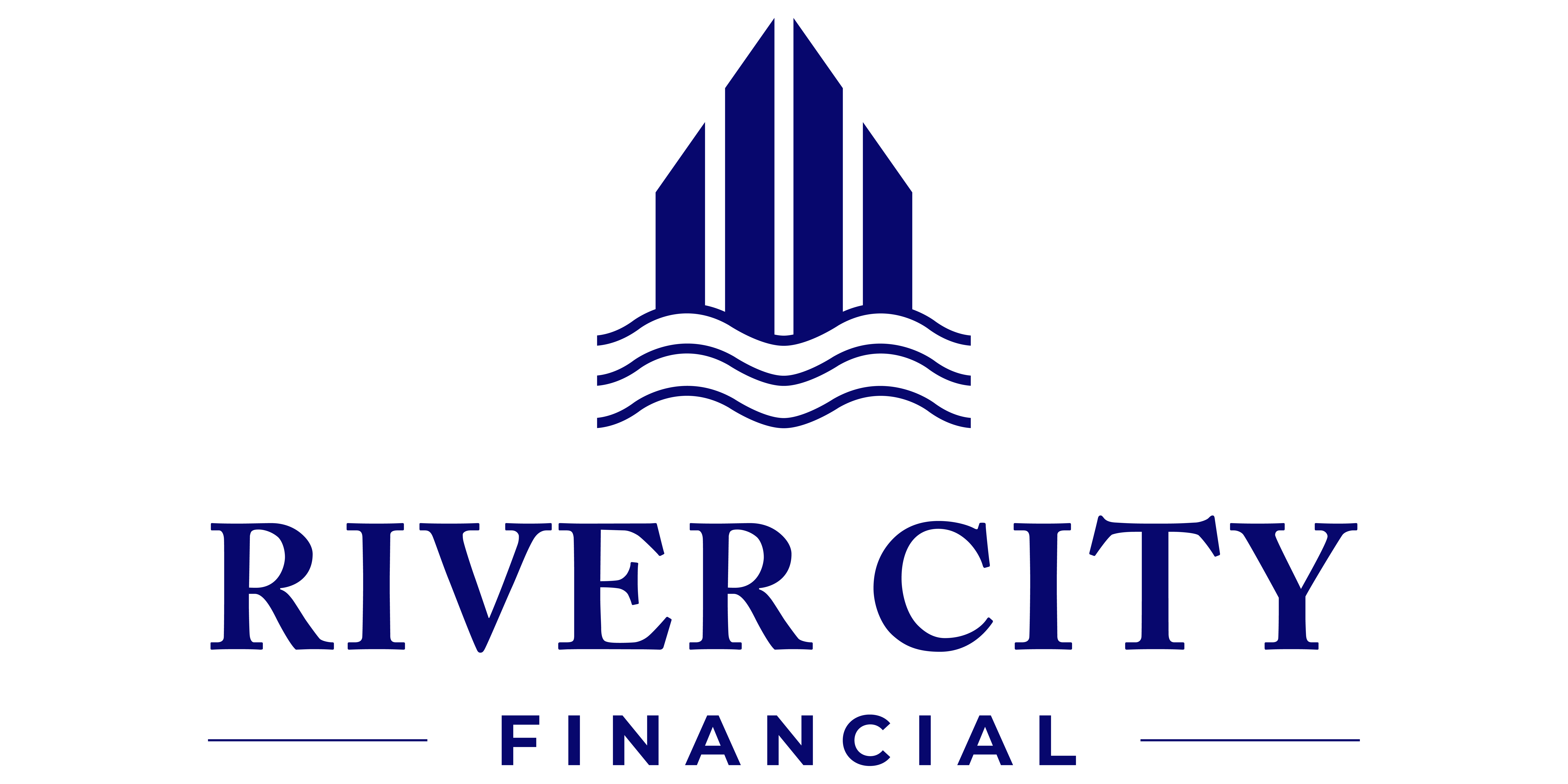Mastering money in our society is not a simple task. Making sound financial decisions requires knowledge of investments, taxes, risk management, estate planning, pension benefits, and other areas- -coupled with an understanding of how these elements interrelate. In addition, an often overlooked but important consideration is being consistent concerning the decisions you make.
Mastering money is not just for the wealthy. While people with substantial means can recover from a financial loss, those with less means may have a more difficult time. The earlier and more completely you determine your values, prioritize them, and construct an action plan on how to master money in your life, the more likely you are to achieve what is important to you.
When it comes to mastering money, those successful at it are more likely to have their values and financial objectives in writing. Money “masters” have a destination that results in a more organized and concerted approach to financial problem solving. After all, when you don’t know where you are going or what you value most in life, any path will take you somewhere. With a values-based financial destination, you can chart a course that will lead you to your goals.
The Role of a Financial Professional in Charting Your Course
Financial professionals today are trained to work with you to help you define your values, thereby ensuring that your chosen destination becomes the focus of your financial strategy. With knowledge of investments, insurance products, retirement and estate planning, and education funding, financial professionals are well-positioned to be the source you turn to for comprehensive management.
Here are some of the attributes that define today’s financial professional:
The ability to be a facilitator. Listening is an art form. A skilled listener provides the right climate for the expression of hopes, fears, and desires. Resisting the temptation to force a solution, a good listener allows the solution to emerge.
Relationship Builders. Professionals view their interactions with clients as relationship building. Professionals cannot provide sound financial security solutions without first forming an intimate relationship with the client. If “selling” a product is involved, the sale is not an end in itself; rather, the product is a means to achieve a client’s goals.
Knowledge of the Marketplace. Financial products come in an array of shapes and sizes. This is not a “one size fits all” business. Insurance and financial services professionals know how to tailor the solution to your specific problem or need.
Willingness to Consult Experts. Nobody knows it all! A reputable professional knows his or her limitations and recognizes that some problems require the narrow focus of an expert. For example, a team approach with an accountant, attorney, and financial professional can be the best approach to attacking complex financial objectives.
A Genuine Interest in Your Future. This is a “people” business! The financial professional is committed to understanding what you value in your life, and helping you enhance your options and choices in the future.
Staying on Course
Any plan you make today for the future is really just the beginning. Your initial actions should be the foundation of a continuing process. The prioritization of your values will likely change as time passes, along with economic and tax law changes.
It helps to think of financial management as a continuous process like navigating a sailboat. Staying on course may not require constant attention, but does require periodic monitoring.
Financial professionals can facilitate mid-course corrections according to your changing conditions, helping you to become more financially comfortable today, while laying the groundwork for a more financially secure tomorrow.
PFPPLAM5-X
Copyright © 2015 Liberty Publishing, Inc. All rights reserved. Distributed by Financial Media Exchange.
